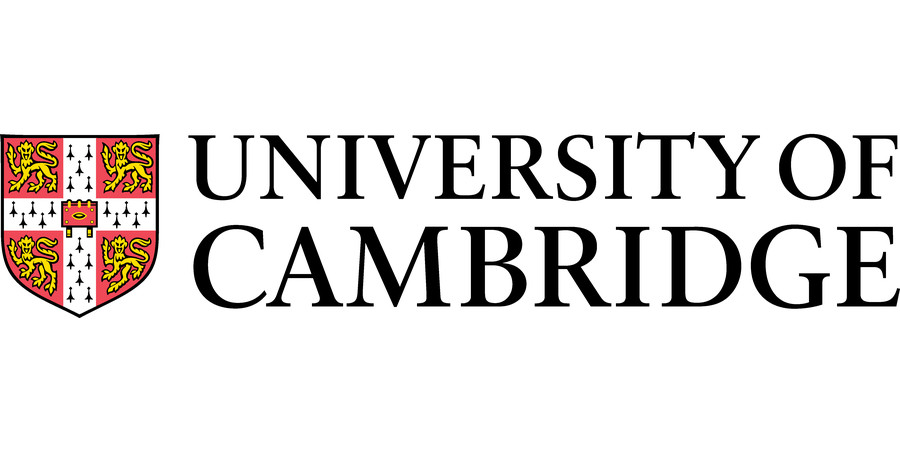PhD Studentship (Fixed Term): Towards full object analysis of precious metal artefacts
University of Cambridge - Department of Materials Science and Metallurgy
| Qualification Type: | PhD |
|---|---|
| Location: | Cambridge |
| Funding for: | UK Students, EU Students, International Students |
| Funding amount: | £20,780 (current rate). |
| Hours: | Full Time |
| Placed On: | 28th October 2025 |
|---|---|
| Closes: | 2nd December 2025 |
| Reference: | LJ47734 |
The PhD studentship will be based at the University of Cambridge in the Department of Materials Science and Metallurgy as part of the Structural Materials Group. The Structural Materials Group is a diverse and dynamic research team working across aerospace, automotive, energy, defence, and biomedical sectors. The groups expertise includes alloy design, microstructure-property relationships, phase transformations, advanced materials processing and characterisation.
Supervisor: Dr David Collins
Stipend: Full funding for 4 years covering a personal maintenance stipend starting at £20,780 (current rate).
Fees: This position is open to UK citizens or overseas students who meet the UK residency requirements (home fees) or are able to augment the funds to cover the extra costs associated with international student fees. Exceptional candidates may be eligible for an International Fee Bursary.
Project overview:
The project aims to use state-of-the-art methods to derive detail about the provenance of precious silver artefacts. Specifically, we will seek to understand what detail is being missed, using current assaying approaches. The project will showcase what insights, at different length scales, could be seen using techniques that range from low cost equipment that could be acquired in an assay office, specialised testing at a university lab medium cost, to high cost ultra-high resolution national facility methods. This broad approach will offer several verification methods; the choice could be linked and justified by the value of an article. The activities here are motivated by the need to provide robust, defensible datasets that can verify precious metal article authenticity. Greater data will enable smart approaches with assigned probabilities of authenticity to aid hallmarking practices.
Partnering with the Goldsmiths' Company Assay Office in London, this project will analyse and authenticate precious silver metal artefacts by uncovering their hidden chemical and structural signatures. Using powerful techniques such as micro-XRF, synchrotron diffraction, SIMS, and 3D X-ray CT, it will reveal how variations in composition, microstructure, and metal-making processes shape an object's unique metal pedigree. The research will probe beneath surfaces to detect impurities and internal features, while also exploring new methods for embedding invisible authenticity markers. Finally, advanced data tools and neural network algorithms will turn these high-resolution insights into searchable, verifiable databases, seeking to better inform assay decision making.
Applicants should have (or expect to be awarded) a good UK Master's degree (or overseas equivalent) in a relevant science subject (Materials Science, Chemistry, Physics, Engineering) or Archaeology where candidates have strong evidence of skills in experimental analysis of materials. Applicants should be self-motivated, able to take ownership of their research, and effectively communicate their research findings. Training in all the computational and experimental methods will be provided in the projects, although relevant previous experience would be advantageous.
Applications should be submitted via the 'Apply' button above. Early applications are encouraged as the positions may be filled once suitable candidates are identified.
Fixed-term: The funds for this post are available for 4 years in the first instance, from 1 October 2026.
Applicants are asked to upload the following:
- A short research statement (maximum 1 page) describing the applicant's past research, future goals, and why the applicant is interested and suitable for this position.
- A curriculum vitae.
- A publication list.
- The contact details of two referees that can provide a letter of recommendation for the applicant.
The University actively supports equality, diversity and inclusion and encourages applications from all sections of society.
Advert information
Type / Role:
Subject Area(s):
Location(s):









